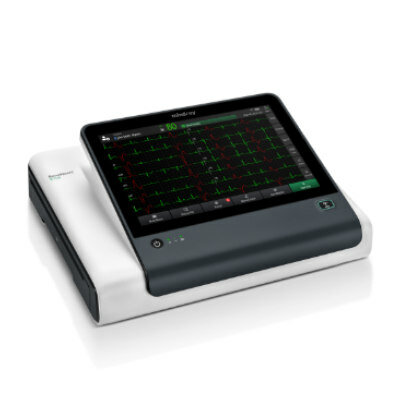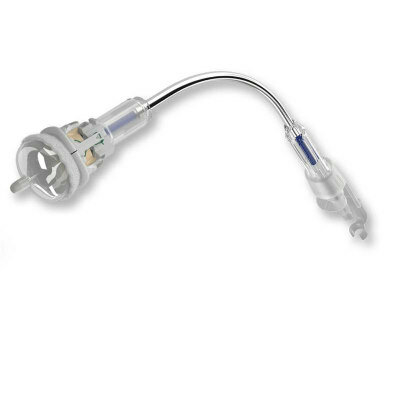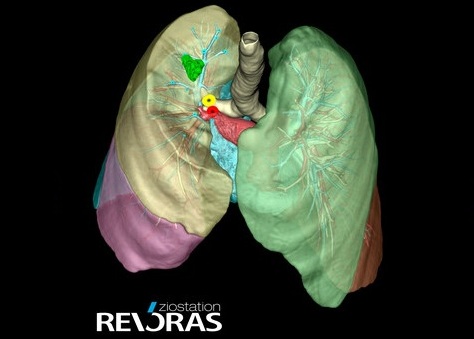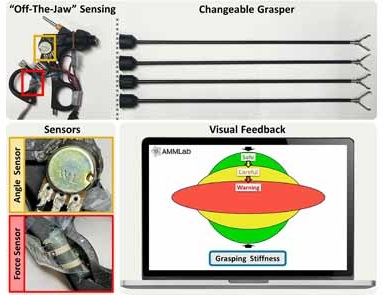‘Covid Computer’ Uses AI to Detect COVID-19 from Chest CT Scans
|
By HospiMedica International staff writers Posted on 04 Jul 2022 |
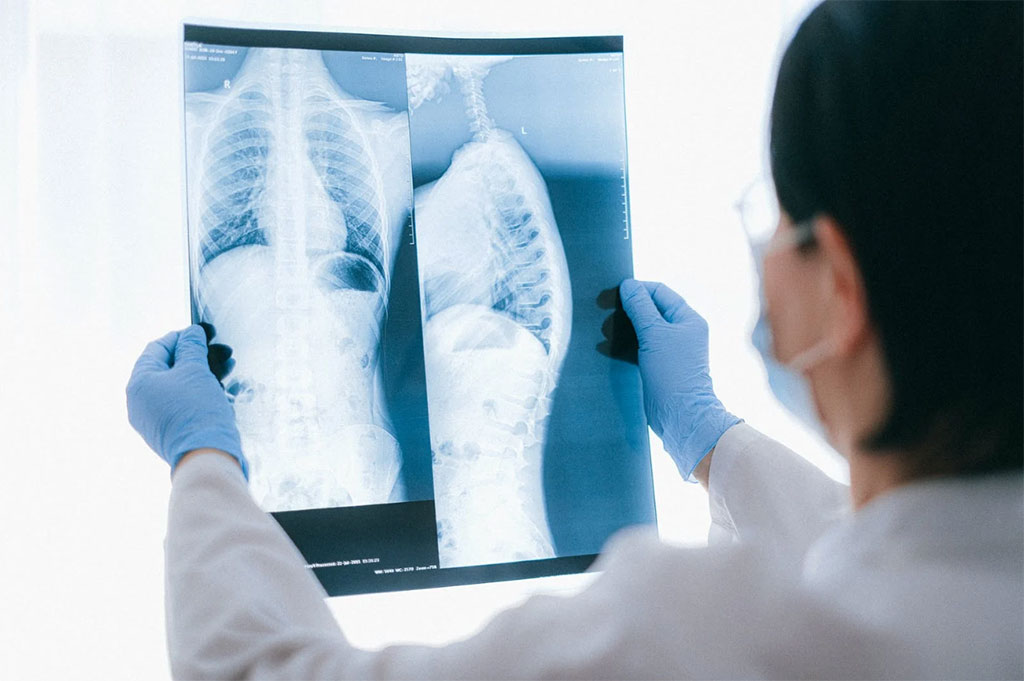
Currently, the diagnosis of COVID-19 is based on nucleic acid testing, or PCR tests as they are commonly known. These tests can produce false negatives and results can also be affected by hysteresis – when the physical effects of an illness lag behind their cause. Artificial intelligence (AI) offers an opportunity to rapidly screen and effectively monitor COVID-19 cases on a large scale, reducing the burden on doctors. Now, researchers have created a new AI tool that can detect COVID-19. The software analyses chest CT scans and uses deep learning algorithms to accurately diagnose the disease. With an accuracy rate of 97.86%, it is currently the most successful COVID-19 diagnostic tool in the world.
Researchers from the University of Leicester (Leicester, UK) who developed the new AI tool will now further develop this technology in the hope that the Covid computer may eventually replace the need for radiologists to diagnose COVID-19 in clinics. The software, which can even be deployed in portable devices such as smart phones, will also be adapted and expanded to detect and diagnose other diseases (such as breast cancer, Alzheimer’s Disease, and cardiovascular diseases).
"Our research focuses on the automatic diagnosis of COVID-19 based on random graph neural network. The results show that our method can find suspicious regions in the chest images automatically and make accurate predictions based on the representations," said Professor Yudong Zhang, Professor of Knowledge Discovery and Machine Learning at the University of Leicester. "The accuracy of the system means that it can be used in the clinical diagnosis of COVID-19, which may help to control the spread of the virus. We hope that, in the future, this type of technology will allow for automated computer diagnosis without the need for manual intervention, in order to create a smarter, efficient healthcare service."
Related Links:
University of Leicester
Latest COVID-19 News
- Low-Cost System Detects SARS-CoV-2 Virus in Hospital Air Using High-Tech Bubbles
- World's First Inhalable COVID-19 Vaccine Approved in China
- COVID-19 Vaccine Patch Fights SARS-CoV-2 Variants Better than Needles
- Blood Viscosity Testing Can Predict Risk of Death in Hospitalized COVID-19 Patients
- MRI Lung-Imaging Technique Shows Cause of Long-COVID Symptoms
- Chest CT Scans of COVID-19 Patients Could Help Distinguish Between SARS-CoV-2 Variants
- Specialized MRI Detects Lung Abnormalities in Non-Hospitalized Long COVID Patients
- AI Algorithm Identifies Hospitalized Patients at Highest Risk of Dying From COVID-19
- Sweat Sensor Detects Key Biomarkers That Provide Early Warning of COVID-19 and Flu
- Study Assesses Impact of COVID-19 on Ventilation/Perfusion Scintigraphy
- CT Imaging Study Finds Vaccination Reduces Risk of COVID-19 Associated Pulmonary Embolism
- Third Day in Hospital a ‘Tipping Point’ in Severity of COVID-19 Pneumonia
- Longer Interval Between COVID-19 Vaccines Generates Up to Nine Times as Many Antibodies
- AI Model for Monitoring COVID-19 Predicts Mortality Within First 30 Days of Admission
- AI Predicts COVID Prognosis at Near-Expert Level Based Off CT Scans
- ECG Can Pinpoint Hospitalized COVID-19 Patients at High Risk of Death
Channels
Artificial Intelligence
view channel
Innovative Risk Score Predicts Heart Attack or Stroke in Kidney Transplant Candidates
Heart researchers have utilized an innovative risk assessment score to accurately predict whether patients being evaluated for kidney transplants are at risk for future major cardiac events, such as a... Read more
AI Algorithm Detects Early-Stage Metabolic-Associated Steatotic Liver Disease Using EHRs
Liver disease, which is treatable when detected early, often goes unnoticed until it reaches advanced stages. Metabolic-associated steatotic liver disease (MASLD), the most prevalent form of liver disease,... Read moreCritical Care
view channel
First-Of-Its-Kind AI-Powered Probability Scoring System Assesses Heart Failure with Preserved Ejection Fraction
Heart failure with preserved ejection fraction (HFpEF) is one of the most difficult types of heart failure to diagnose due to the intricate interaction between various clinical and echocardiographic factors.... Read more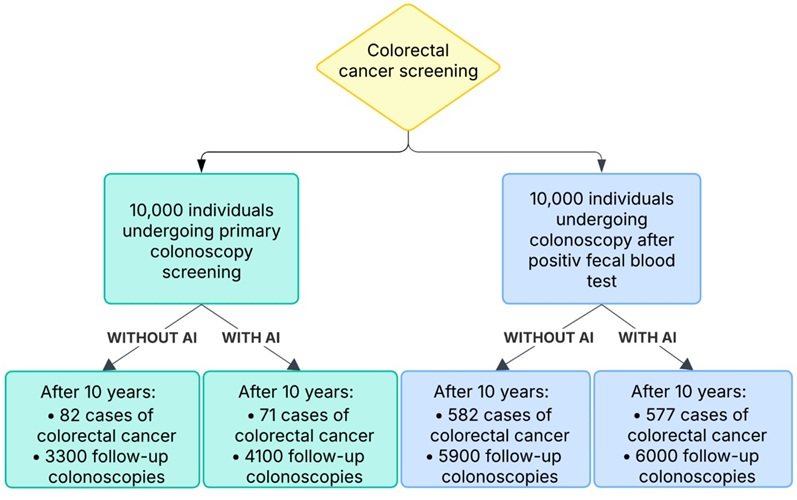
AI-Assisted Colonoscopy Detects More Polyps but Has Modest Effect on Cancer Risk
Colorectal cancer is among the most common cancers in the Western world. Currently, screening is performed using a test that detects blood in the stool (FIT screening). If the test identifies a certain... Read more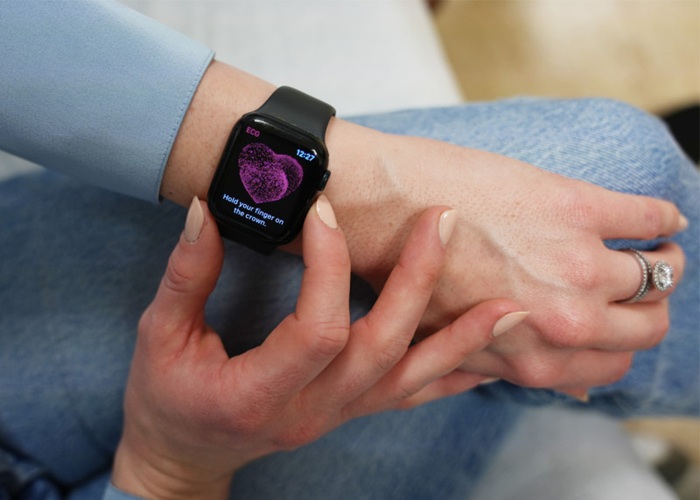
Wearables Could Reduce Need for Continuous Blood Thinners in Patients with Atrial Fibrillation
Atrial fibrillation (AFib) is the most prevalent heart arrhythmia, affecting over 5 million individuals in the United States, with projections suggesting that number could rise to 12.1 million by 2030.... Read moreSurgical Techniques
view channel
Tiny Robotic Tools Powered by Magnetic Fields to Enable Minimally Invasive Brain Surgery
Over the past few decades, there has been a significant surge in the development of robotic tools designed to facilitate minimally invasive surgeries, improving recovery times and patient outcomes.... Read more
Magnetic Tweezers Make Robotic Surgery Safer and More Precise
Microrobots are small-scale robots designed using nanotechnology, and they hold significant potential for various medical applications, including surgery, targeted drug delivery, and biopsy.... Read morePatient Care
view channel
Portable Biosensor Platform to Reduce Hospital-Acquired Infections
Approximately 4 million patients in the European Union acquire healthcare-associated infections (HAIs) or nosocomial infections each year, with around 37,000 deaths directly resulting from these infections,... Read moreFirst-Of-Its-Kind Portable Germicidal Light Technology Disinfects High-Touch Clinical Surfaces in Seconds
Reducing healthcare-acquired infections (HAIs) remains a pressing issue within global healthcare systems. In the United States alone, 1.7 million patients contract HAIs annually, leading to approximately... Read more
Surgical Capacity Optimization Solution Helps Hospitals Boost OR Utilization
An innovative solution has the capability to transform surgical capacity utilization by targeting the root cause of surgical block time inefficiencies. Fujitsu Limited’s (Tokyo, Japan) Surgical Capacity... Read more
Game-Changing Innovation in Surgical Instrument Sterilization Significantly Improves OR Throughput
A groundbreaking innovation enables hospitals to significantly improve instrument processing time and throughput in operating rooms (ORs) and sterile processing departments. Turbett Surgical, Inc.... Read moreHealth IT
view channel
Printable Molecule-Selective Nanoparticles Enable Mass Production of Wearable Biosensors
The future of medicine is likely to focus on the personalization of healthcare—understanding exactly what an individual requires and delivering the appropriate combination of nutrients, metabolites, and... Read more
Smartwatches Could Detect Congestive Heart Failure
Diagnosing congestive heart failure (CHF) typically requires expensive and time-consuming imaging techniques like echocardiography, also known as cardiac ultrasound. Previously, detecting CHF by analyzing... Read morePoint of Care
view channel
Handheld, Sound-Based Diagnostic System Delivers Bedside Blood Test Results in An Hour
Patients who go to a doctor for a blood test often have to contend with a needle and syringe, followed by a long wait—sometimes hours or even days—for lab results. Scientists have been working hard to... Read more
Smartphone-Enabled, Paper-Based Quantitative Diagnostic Platform Transforms POC Testing
Point-of-care diagnostics are crucial for public health, offering rapid, on-site testing that enables prompt diagnosis and treatment. This is especially valuable in remote or underserved regions where... Read moreBusiness
view channel
Expanded Collaboration to Transform OR Technology Through AI and Automation
The expansion of an existing collaboration between three leading companies aims to develop artificial intelligence (AI)-driven solutions for smart operating rooms with sophisticated monitoring and automation.... Read more









